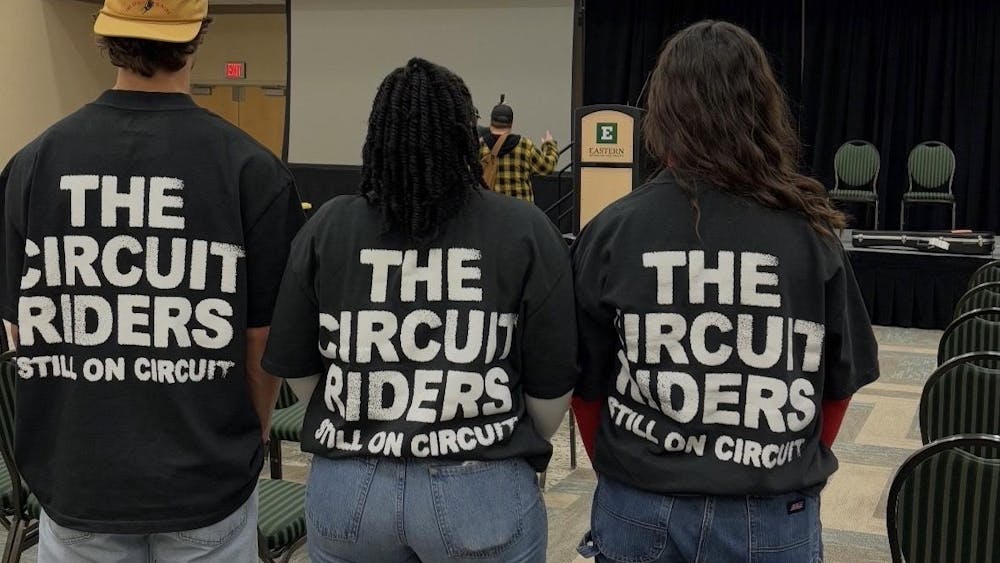“Man, you’re whipped.”
“Who’s wearing the pants?”
“Man up.”
These are the sorts of negative phrases that, if not directly said to impressionable young men, are passed on to them through media as cultural expectations of what it means to be a man.
Media plays an enormous role in perpetuating the stereotype of macho, buff and rough men. The audience of the “manly man” presented in the media is men themselves. Fast-paced action movies where men have money, power and women, who aren’t committed (or, as it is presented to men, who aren’t tied down) and where crude language and crass behavior are displayed are meant for those with a Y chromosome.
Males are exposed to the image of macho men over and over through their adolescence and into adulthood. Sadly, this (fabricated) concept of the “manly man” is even imposed on children. In one of my very favorite Disney movies, Mulan, the female protagonist joins the Chinese army to protect her father from having to fight with his old war injury. During their training, the general sings, “Be a man,” in which he ribs his soldiers, “did they send me daughters when I asked for sons?”
The song continues, instructing the soldiers that, to be a man, you “must be as swift as a coursing river, with all the force of a great typhoon, with all the strength of a raging fire, mysterious as the dark side of the moon.” Basically, to be a man, you have to be strong and emotionally distant, and if you’re anything else, you’re too feminine.
Whenever men are depicted as sensitive, the movie is angled towards women. The desired audience is not men, in whom a visceral and vehement objection has been ingrained; it’s women. The movie is labeled a chick flick or a romantic comedy, which men should obviously not be watching, right?
Wrong.
If men are thoughtful, kind and generous, then they are referred to as “whipped” or something equally degrading that does the worst thing you can do to a man: question his masculinity. But there is a reason women watch chick flicks — that’s what we like in a man.
What does it mean to be a man? If we are to get the definition from the media, men are depicted as gruff, unfeeling and insensitive, unromantic, emotionally unavailable and unhelpful people.
Ironically, these are the very characteristics that women complain about with the men in their lives, be they fathers, brothers, coworkers, friends, and most especially partners.
Males’ perceived expectations of masculinity are very often at odds with what women find to be attractive masculine characteristics. General rule of thumb here: what men expect out of women should be what they themselves should be willing to do.
False expectations of men really have to do with gender roles perpetuated through media. The best way for society to address this phenomenon is to stop supporting media that encourages this erroneous message. Pop culture enforces the idea that we want an unfeeling robot that protects us — we don’t. We want someone who is human.
And perhaps the best way for men to establish their masculinity is to be secure enough in it that they don’t feel threatened by wearing an apron and baking cookies for their partner.








